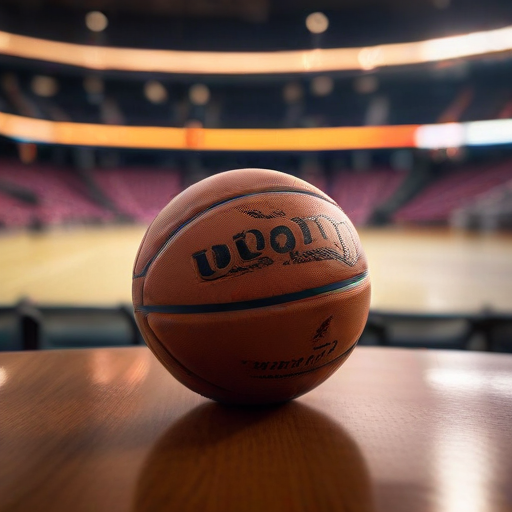Kyle Singler, a former NBA player and Duke University basketball standout, has raised significant concerns regarding his well-being after posting a troubling video on Instagram. In the video shared Tuesday morning, the 36-year-old expressed feelings of mistreatment and emotional suffering, stating he fears for his life. The cryptic nature of the post quickly drew attention and concern from fans, former teammates, and others in the basketball community.
In his emotional message, Singler described experiences of neglect and misunderstanding, saying, “I fear for my life every day.” He expressed his desire to be perceived as someone helpful rather than a problem. The emotional weight of his words resonated with viewers, prompting a wave of responses from fellow athletes and supporters.
Many NBA players reached out in solidarity. Miami Heat player Kevin Love conveyed his support, urging Singler to reach out for help. Other players, including Isaiah Thomas and Andre Drummond, also expressed their willingness to support him during this challenging time. The quick response from the basketball community signifies their commitment to one another, especially during difficult moments.
Singler’s career was marked by significant achievements, including being a vital member of Duke’s 2010 national championship team, where he earned the title of Most Outstanding Player. He was drafted by the Detroit Pistons in 2011 and played several seasons in the league before taking his talents overseas. Despite his sports success, his recent post highlights the mental health struggles many athletes face, underscoring the need for ongoing conversations about mental health.
Later in the day, Singler posted another video, appearing more stable while reiterating some of his sentiments from the earlier message. This shift suggests that he may be seeking the help and support he requires.
This situation highlights the crucial importance of mental health awareness, particularly in the world of professional sports, where pressures can be significant. Singler’s openness may pave the way for broader discussions about mental health issues faced by athletes, emphasizing the need for robust support systems for players as they transition out of their careers.
Ultimately, there is hope in the community’s response to Singler, showcasing the strength of support networks that can play a crucial role in addressing mental health challenges. By fostering open conversations and encouraging athletes to seek help, the sports community can contribute positively to the mental well-being of its members.
